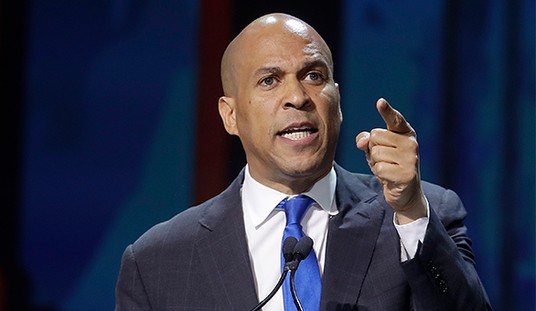John Solomon of The Hill has floated an interesting theory on just how the public may finally get some details surrounding the Obama administration’s decision to essentially turn over “a large swath of America’s untapped uranium deposits to Russia” with the sale of U.S. mining company Uranium One to Russian nuclear giant Rosatom in 2010: Donald Trump could order the FBI’s 37 secret pages on the deal to be declassified as part of a trove of documents related to Russia.
Solomon, who has a history of reporting on the Uranium One deal that occurred while Bill Clinton was garnering huge speaking fees in Russia and his wife was attempting to establish a closer relationship with Russia, reports that the documents (some still classified) were recently posted in the FBI’s Freedom of Information Act (FOIA) online vault. They were entitled “Uranium One Transaction”.
I was the reporter who first disclosed last fall that a globetrotting American businessman, William Douglas Campbell, managed to burrow his way inside Russian President Vladimir Putin’s nuclear giant, Rosatom, in 2009 posing as a consultant while working as an FBI informant.
Campbell gathered extensive evidence for his FBI counterintelligence handlers by early 2010 that Rosatom’s main executive in the United States, Vadim Mikerin, orchestrated a racketeering plot involving kickbacks, bribes and extortion that corrupted the main uranium trucking company in the United States. That is a serious national security compromise by any measure.
…
Mikerin was charged and convicted, along with some American officials, but not until many years later. Ironically, the case was brought by none other than current Deputy Attorney General Rod Rosenstein — a magnet for controversy, it turns out.
But the years-long delay in prosecution mean that no one in the public, or in Congress, was aware that the FBI knew through Campbell about the Russian bribery plot as early as 2009 — well before the Obama-led Committee on Foreign Investment in the United States (CFIUS) approved Uranium One in fall 2010.
Solomon, and others, have questioned the timing of the sale and exactly what the Obama administration knew about Mikerin’s illegal activities when the administration approved the sale. The spy, Campbell, has apparently insisted that administration officials were briefed on Mikerin’s activities — one of those officials notably being then-FBI Director Robert Mueller, now the Russia special prosecutor — and that his own credibility was questioned by the administration following the work he did to expose Rosatom’s racketeering.
Leading Solomon to this rather sobering conclusion: “From what we now know, either the [Obama-led Committee on Foreign Investment in the United States, who approved the Uranium One sale] CFIUS process was corrupted or broken, or the FBI dropped the ball. Either outcome is a matter of national interest.”
Should Trump decide to add these 37 documents to the list of Russia-related classified material he is considering releasing, the public may finally know the truth about exactly who in the federal government had intimate enough dealings with Russia to look their other way to secure a deal.














Join the conversation as a VIP Member